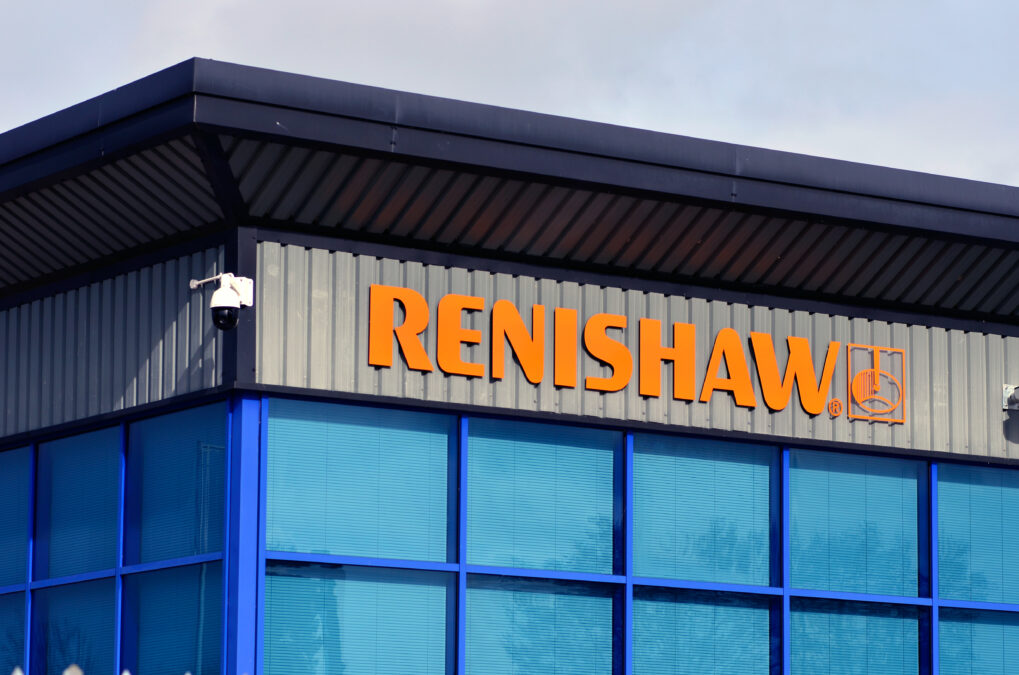25 June 2002 Lindows.com, a distributor of Windows-compatible open-source Linux operating systems for PCs, has raised the stakes in its battle to win over corporate and consumer clients using Microsoft Windows.
In a bid to win over PC makers, Lindows has unveiled a low flat-rate licence fee. Any PC vendor can download and install LindowsOS on any number of their products for re-sale to any number of corporate and consumer customers – all for a fee of just $500 (€514.7) per month. Even more surprising is that OEMs can sign-up, download and pay for the software online by credit card.
Lindows says its is targeting the market for unbranded PC computer vendors, which account for 58% of the worldwide PC market, according to analysts IDC. Lindows’ flagship customers include giant American retail chain Wal-Mart, which is selling Lindows-based machines from $299 (€308).
LindowsOS has been deliberately priced to take advantage of Microsoft’s imposition of its new Software Assurance licensing scheme from the end of July. This has provoked fury from users who say that it is an ill-disguised attempt to dramatically raise prices. According to analysts at Gartner, some companies will see their Microsoft licence fees increase by between 30% and 100%.
Software Assurance is a subscription-based system providing automatic upgrades to licensees. It will sweep away a confusing ‘acronym soup’ of licensing plans, but will also restrict the choice of users to opt-out of upgrades.
To give an idea of the magnitude of the threat to Microsoft, The Wall Street Journal has quoted “the chief information officer of one large European financial concern” who said that “he was ‘70% sure’ his firm would start moving more than 30,000 computer desktops to Linux-based software made by a company called Ximian”. The paper adds that the executive “declined to be named for fear of raising Microsoft’s ire”.
Yesterday, French Linux operating system vendor MandrakeSoft announced that it had won a two year contract with the French civil service procurement agency to supply Mandrake Linux to 28,000 public sector sites and agencies, as well as for the French state education system.
Linux vendors still face a challenge in that many third-party hardware vendors do not develop Linux drivers for their products, partly for fear of ruining their relationship with the all powerful Microsoft.
However, consolidation in the Linux market has already started and may help pose a stronger threat to Microsoft, as well as helping to persuade hardware and software vendors to provide better support for the open source operating system.
Caldera, SuSE, Conectiva and Turbolinux formed UnitedLinux in May 2002. This initiative will introduce more rigorous standardisation to their respective Linux operating systems, enabling applications built for one UnitedLinux distribution to run unchanged on any other UnitedLinux distribution. MandrakeSoft is rumoured to be considering membership, although market leader Red Hat has so far shunned an invitation to join.





